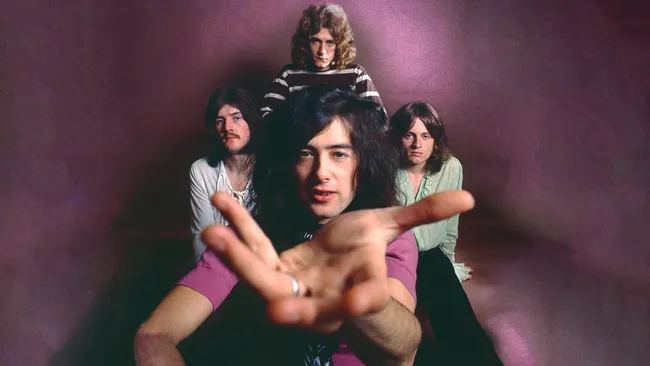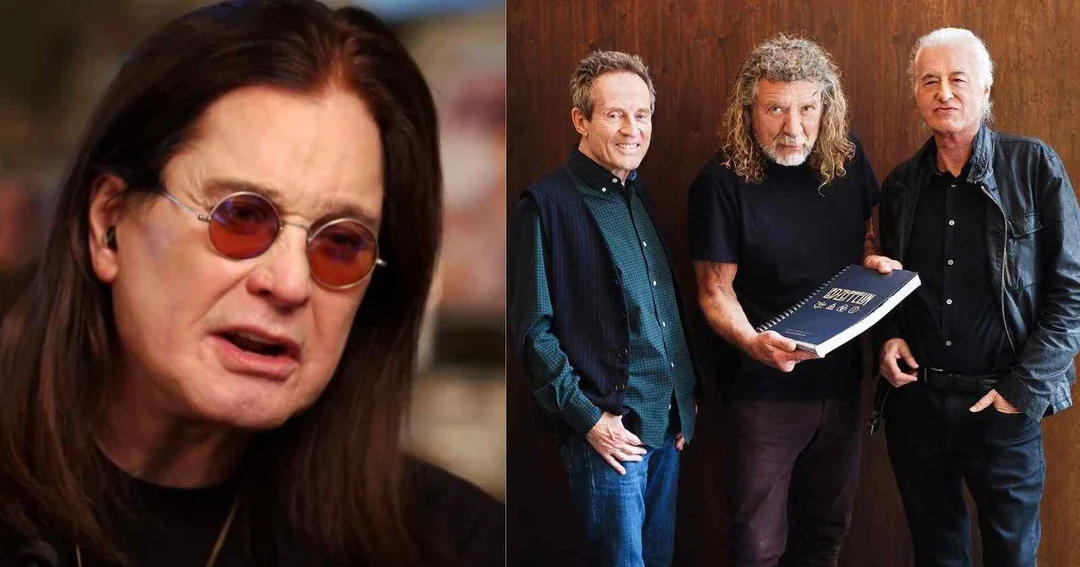Legendary guitarist Jimmy Page is once again under legal scrutiny over Led Zeppelin’s iconic track “Dazed and Confused.” A recent lawsuit filed by songwriter Jake Holmes alleges that Page, along with Warner Chappell Music and Sony Pictures, violated a 2011 settlement agreement by using the song in the 2022 documentary Becoming Led Zeppelin without proper credit or compensation. Holmes claims that the inclusion of early Yardbirds live versions of the song in the film constitutes a breach of the previous settlement and copyright infringement .
Background of the Dispute
The origins of “Dazed and Confused” trace back to 1967 when Jake Holmes wrote and recorded the song for his debut album, The Above Ground Sound of Jake Holmes. Holmes performed the track during a 1967 show in Greenwich Village, where Jimmy Page, then with the Yardbirds, reportedly heard it and later adapted it into a new arrangement. The Yardbirds performed this version, and after the band’s dissolution, Page brought it into Led Zeppelin’s repertoire. The song was released on Led Zeppelin’s self-titled debut album in 1969, credited solely to Page .
In 2010, Holmes filed a lawsuit against Page for copyright infringement, claiming that Page had copied his work without attribution. The case was settled out of court in 2012, with future Led Zeppelin releases crediting the song as “Jimmy Page; inspired by Jake Holmes” .
New Legal Action
Holmes’s latest lawsuit, filed in the U.S. District Court for the Central District of California, asserts that the defendants breached the 2011 settlement by releasing previously unreleased early Yardbirds live versions of “Dazed and Confused” and using the song in the documentary without crediting or compensating Holmes. He seeks damages of at least $150,000 per instance of infringement under U.S. copyright law .
Implications for the Music Industry
This renewed legal action underscores ongoing concerns about copyright and attribution in the music industry. The case highlights the complexities artists face in protecting their work and ensuring proper recognition, even decades after the original creation. As the lawsuit progresses, it may set precedents for how similar cases are handled in the future.




